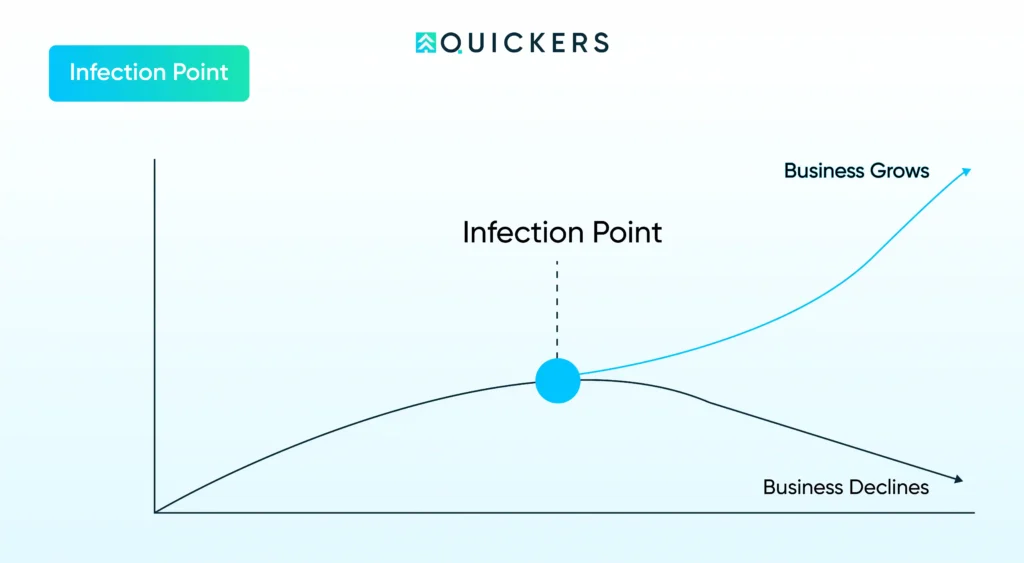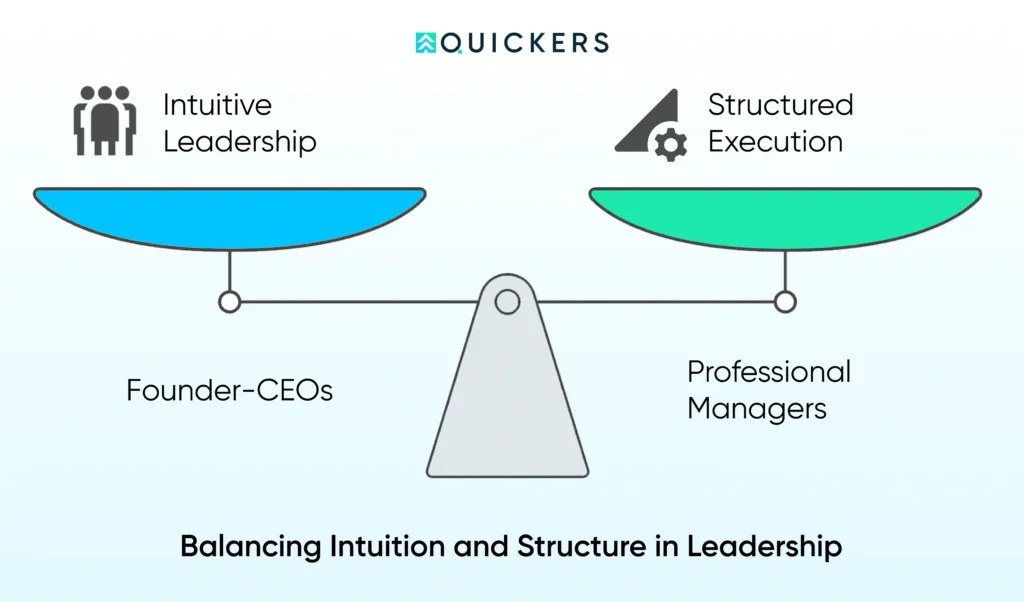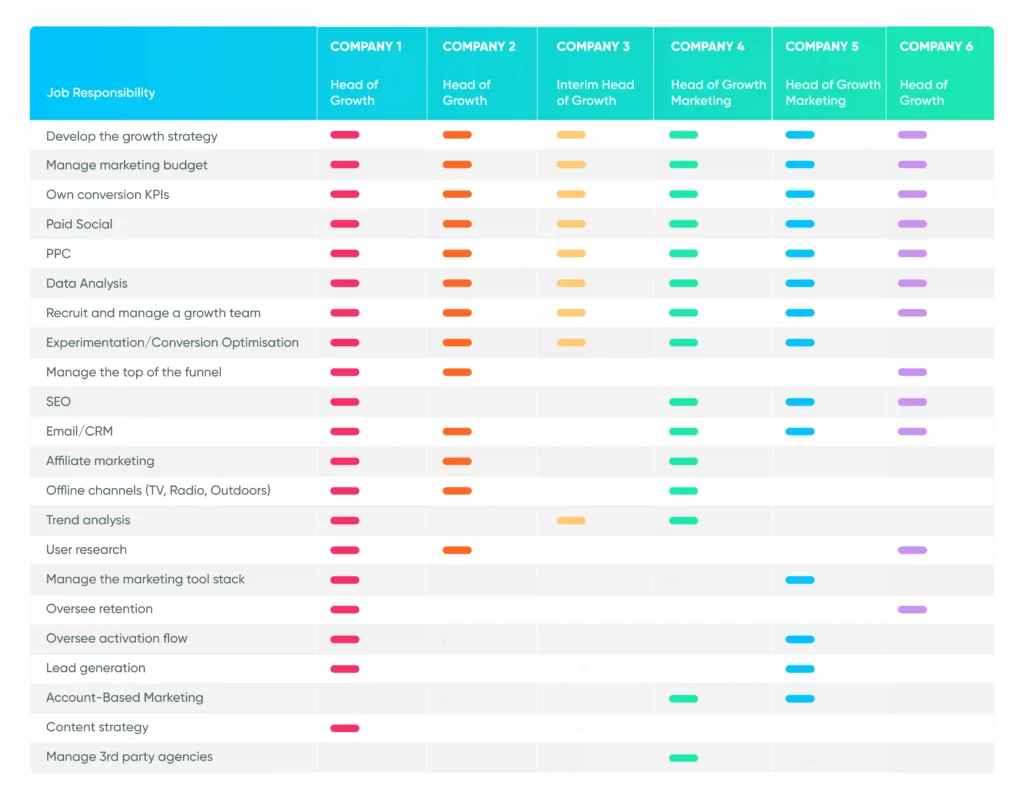Introduction
In the early days of a startup, the founder is often the primary salesperson. This makes sense—no one understands the product, market, or vision better than the founder. Early customers are often secured through the founder’s network, enthusiasm, and ability to adapt the pitch based on real-time feedback. However, as the company grows, sales responsibilities increase, and founders must balance fundraising, product development, team-building, and operations. At a certain point, the question arises: When should a founder hire their first sales professional?

This decision is critical, as hiring too early can lead to wasted resources while hiring too late can mean missed revenue opportunities and slower growth. Let’s explore the key indicators that suggest the right time to transition from founder-led sales to a professional sales team.
1. Achieving Product-Market Fit
Before considering a sales hire, it’s crucial to confirm that the product has product-market fit (PMF)—meaning it effectively solves a problem for a clearly defined customer segment. If the product is still undergoing major changes, hiring a salesperson may be premature, as they will struggle to sell something that is not yet fully validated.
Signs of Product-Market Fit:
- Customers are proactively reaching out for demos or information.
- A growing number of users are converting to paying customers.
- Churn rates are low, indicating customer satisfaction.
- Organic referrals are increasing.
Without PMF, even the best salesperson will struggle to close deals, leading to frustration and wasted effort. Founders should focus on refining the product and securing their first batch of repeat customers before expanding the sales team.
2. Recognizing Sales Bottlenecks
If a founder is consistently facing sales challenges that hinder business growth, it might be time to bring in a sales professional.

Here are some key bottlenecks that indicate the need for a sales hire:
Signs You Need a Salesperson:
- Overwhelming Sales Pipeline: Leads are piling up, but the founder doesn’t have the bandwidth to follow up or close deals effectively.
- Declining Conversion Rates: A decrease in deal conversions may suggest that the founder is stretched too thin or lacks sales expertise.
- Time Constraints: If sales efforts are taking too much time away from strategic priorities (such as fundraising, product development, or hiring), it’s time to delegate.
- Missed Revenue Opportunities: If leads are going cold due to delayed responses or poor follow-up, it’s a clear sign that sales responsibilities need a dedicated professional.
3. Establishing a Repeatable Sales Process
Before hiring a salesperson, a startup should have a structured and repeatable sales process in place. This ensures that the new hire can quickly integrate into an existing system rather than build a sales strategy from scratch.
Key Components of a Repeatable Sales Process:
- Defined Ideal Customer Profile (ICP): Clearly outlining who the best-fit customers are.
- Refined Sales Messaging: A clear pitch that highlights pain points and product benefits.
- Documented Sales Playbook: A guide detailing outreach strategies, objection handling, and deal-closing techniques.
- Sales Metrics and KPIs: Key performance indicators (KPIs) such as conversion rates, average deal size, and sales cycle length.
A documented process helps ensure that the sales hire can be productive quickly and that the company can measure performance effectively.
4. Choosing the Right Type of Sales Hire
Rather than simply choosing between a sales representative or a sales leader, startups need to consider the broader spectrum of growth roles that align with their business needs. A traditional sales hire may not always be the best fit, depending on the company’s current challenges and goals.
The image below illustrates how different companies structure their growth functions:

Types of Growth Roles in Startups:
- Sales Representative (Sales Exec): Ideal for handling inbound and outbound sales calls, nurturing leads, and closing deals.
- Sales Leader (Head of Sales): Best suited for startups with a growing sales team, responsible for managing and scaling sales efforts.
- Head of Growth: Oversees overall revenue generation strategies, including sales, marketing, and partnerships.
- Head of Growth Marketing: Focuses on customer acquisition through digital and traditional marketing channels.
- Interim Head of Growth: A temporary role that helps define and test growth strategies before a full-time commitment.
By assessing their current challenges, startups can make an informed decision on whether to hire a sales exec, sales leader, or a broader growth-focused professional or they could take third party HR services to make the right hire.
5. Ensuring Cultural Fit and Adaptability
Startups operate in fast-changing environments, and early employees must be adaptable, resourceful, and aligned with the company’s mission.
Key Traits to Look for in a Sales Hire:
- Resilience: Can handle rejection and persist through challenges.
- Technical Acumen: Understands the product and communicates its value effectively.
- Resourcefulness: Can operate without rigid structures or processes.
- Customer-Centric Mindset: Focused on building relationships rather than just closing deals.
A strong cultural fit ensures that the sales hire will thrive in a startup’s dynamic environment and contribute to long-term success.
6. Structuring Compensation for the First Sales Hire
Compensation for the first sales hire should be carefully structured to align incentives and motivate performance. Most early-stage startups offer a mix of base salary, commission, and equity.
Offering equity helps attract top talent and ensures that the salesperson is invested in the long-term success of the company.
7. Measuring Success and Scaling the Sales Team
Once the first sales hire is onboarded, it’s crucial to measure success and determine when to scale the team further.
Key Sales Performance Metrics:
- Time-to-First-Sale: How quickly the salesperson closes their first deal.
- Sales Conversion Rate: The percentage of leads converted into customers.
- Customer Acquisition Cost (CAC): The cost to acquire a new customer.
- Monthly Recurring Revenue (MRR) Growth: Increase in revenue over time.
If the first sales hire performs well and revenue grows consistently, it may be time to expand the sales team and introduce specialized roles such as account executives and customer success managers.
Conclusion
Hiring a sales professional is a significant milestone for any startup. By ensuring product-market fit, recognizing sales bottlenecks, establishing a repeatable process, and selecting the right type of hire, founders can make a well-informed decision that accelerates growth.
Ultimately, the transition from founder-led sales to a professional sales team is not just about increasing revenue—it’s about freeing up the founder’s time to focus on scaling the business, refining the product, and driving long-term success.
Checkout our more blogs here or subscribe our substack channel to recieve blogs like this . If you need help managing your startup , contact Quickers today.
My name is Haris saleem and I am a Software Engineer.

